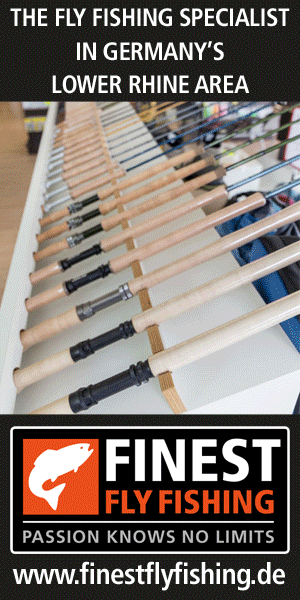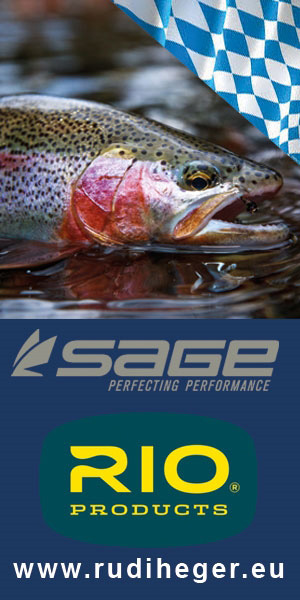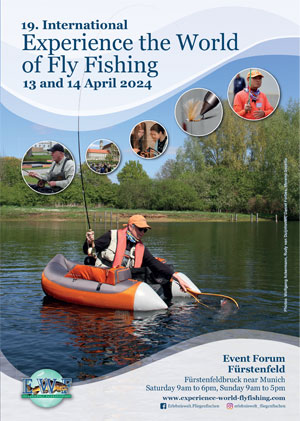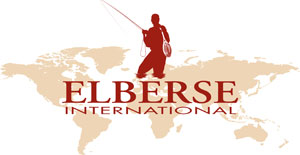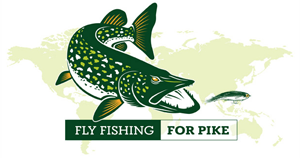Sewage and pesticides from a salad washing factory owned by Bakkavör Group Plc may present a serious threat to aquatic invertebrate life on a highly protected English chalkstream.
The Environment Agency’s response to a formal notification of environmental damage made by S&TC in June 2018, pursuant to the Environmental Liability Directive, confirms the wild fish conservation charity’s fears: discharges from Bakkavör’s site at Alresford are threatening the fragile Upper Itchen and Alresford Pond.

The EA’s wide-ranging investigation was prompted by the results of S&TC’s invertebrate sampling at a site immediately downstream of Bakkavör’s outflows.
A copy of the sampling report (produced by Aquascience Consultancy Ltd) is available here: http://bit.ly/2RhzimT.
The threat from these activities was highlighted by Joe Crowley on the BBC’s Countryfile Chalkstream Special.
www.bbc.co.uk/iplayer/episode/m0005xlv/countryfile-chalk-streams

Potential pesticide threat
The EA investigations also exposed a potential pesticide threat. The EA has not been able to rule out damage caused by traces of pesticides present on the salad leaves used by Bakkavör and which are being subsequently washed into the Upper Itchen. The EA is now undertaking more monitoring work. S&TC will follow the results of this work closely.
The S&TC notification has highlighted a wider national issue, that of the EA being unable to look at the impact on wildlife from chronic, low level and cumulative exposure to combinations of different pesticides. This is directly relevant, not just to salad washing but to agriculture in general. S&TC will continue to raise its scientific evidence at the highest levels within UK Government and the European Commission to influence the changes required to provide our chalkstreams and all rivers with proper protection.
The EA also recognised specific damage to Alresford Pond from nitrates, which now requires remediation plans to be drawn up, as well as a severe sediment issue in the pond that threatens its long-term value to wildlife. Alresford Pond is a Site of Special Scientific Interest.

Nick Measham, S&TC’s Deputy CEO comments:
“The EA’s response to S&TC’s species-level monitoring shows the necessity to go beyond the technical confines of the Water Framework Directive to tackle the worrying declines in aquatic invertebrate life in the Upper Itchen. The EA’s “family-level measure” shows invertebrates to be fine at its chosen sample point well downstream of the factory, but our sample point, and the EA’s own work at Alresford, indicate real threats. The only sensible way to protect the river is for Bakkavör to be required to put the water it uses back into the river at the same quality at which it abstracts. If it can’t do that, it must cease discharging altogether.”
Bakkavör Group Plc to consider its whole operation
S&TC is delighted that the EA has persuaded Bakkavör Group Plc to consider its whole operation at Alresford to protect the Itchen. S&TC’s fierce lobbying has already stopped the company using chlorinated chemicals in its overnight wash.
S&TC is happy to work with Bakkavör Group Plc if its management begins to show a genuine willingness to undertake efforts to remedy the impacts of its operations and contribute towards restoration efforts, but S&TC will pursue the company relentlessly if it does not fulfill its obligations to protect the Upper Itchen in the future.
Dr. Janina Gray, S&TC’s Head of Science & Environmental Policy added:
“The EA cannot continue to put chemicals, especially pesticides, in the too difficult to deal with box. The Upper Itchen highlights urgent action is required to monitor and regulate the synergistic and/or additive effects of chemicals. This cocktail of chemicals is having an environmental impact now and can no longer be ignored. S&TC see the formal notification to the EA as a first step in better understanding the pressures impacting the Upper Itchen, now we will be seeking action to address these. Business as usual is no longer an option.”
Also look at:
http://flyfishing-blog.com/flyfishing-blog.com/2019/05/22/milestone-salmon-trout-conservation-study-reveals-massive-pollution/
http://flyfishing-blog.com/flyfishing-blog.com/2018/10/08/salmon-trout-conservation-scotland-on-the-one-show/
http://flyfishing-blog.com/flyfishing-blog.com/2018/06/01/gary-graham-wins-first-place-award-for-conservation-writing/
